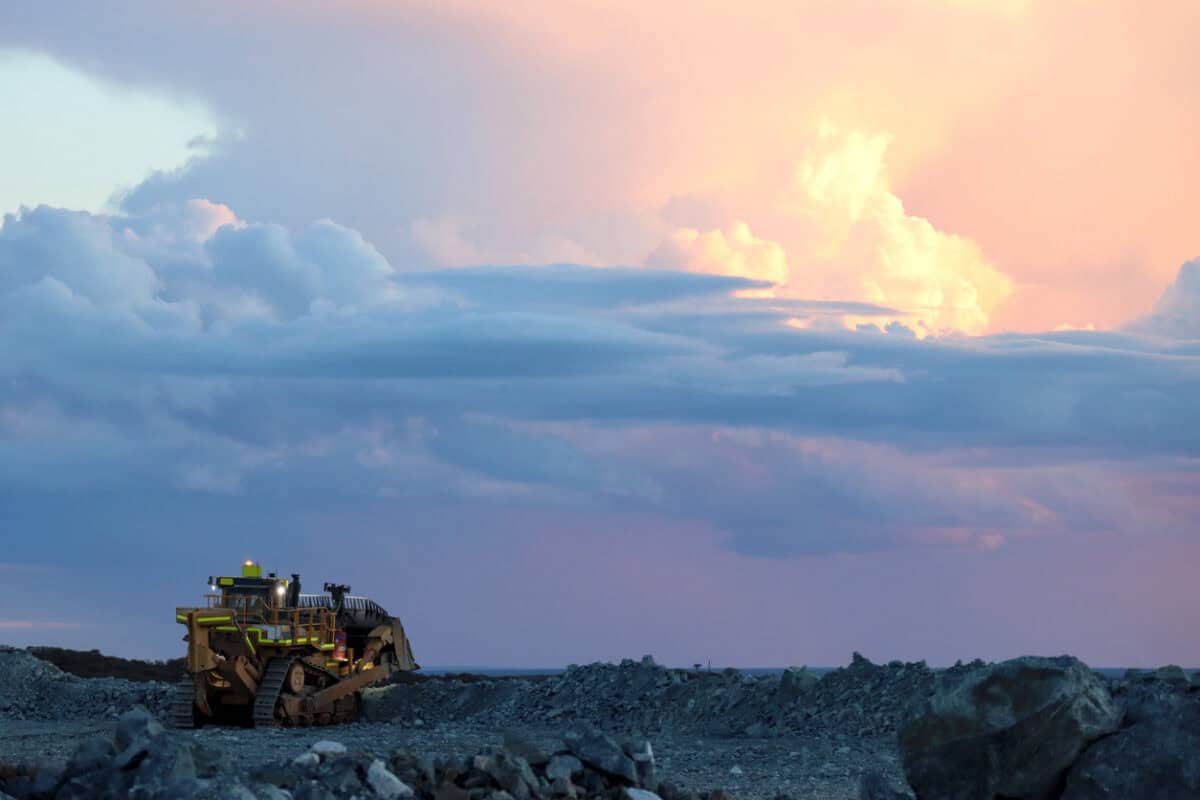Psychological safety dominated the 2025 WorkSafe Victoria Awards held in late February 2026. (At somepoint, WorkSafe is going to have to bring the awards back to the Safety Month schedule of October) This is perhaps not surprising, as psychological safety and psychosocial hazards remain hot issues in Victoria, but some other important finalists shone.
Category: media
The Work‑From‑Home Debate Needs Less Theatre and More OHS
A recent radio forum on working from home reinforced the political motivation behind promoting it as a legal right and also highlighted the knowledge gaps we have about it. Occupational health and safety (OHS) was mentioned in the discussion, but its core significance was again downplayed.
Suicide prevention lessons from Finland
Over twenty years, Finland decreased the male suicide rate by 61%. What can the rest of us learn from that country’s achievement?
[The following article discusses the management of suicide and suicide prevention.]
Soldiering on to Burnout is Nonsense, Unsafe and Unwise
One of the best summaries of burnout was an article in The Guardian on February 15 2026, written by Zing Tsjeng, titled “Facing meltdown? Over 75% of people suffer from burnout – here’s what you need to know” (paywalled). It has its flaws, but the selection of sources, including Christina Maslach, is impressive.
Queensland’s Burnout Problem Is Political Not Clinical
Queensland doctors face an increased risk of burnout, but details have not been shared.
Several Australian media outlets reported on some survey results provided by Queensland Health, such as:
““One of the key results was that 49 per cent of clinicians surveyed met the threshold for risk of burnout, with burnout risk higher in rural and regional areas compared to metro areas.”
Travelling Through Australia’s Beautiful and Broken Mining Country
Lindsay Fitzclarence‘s travelogue “The Dirty Life of Mining in Australia” is a thought-provoking work that combines social, economic, industrial, indigenous, and environmental perspectives into a journey across Australia. Occupational health and safety (OHS) is one theme, but it is part of many, and the book is better for it.
Continue reading “Travelling Through Australia’s Beautiful and Broken Mining Country”A Notable Omission in Burnout Talk
A recent radio/podcast discussion about burnout was instructional and frustrating. The November 7, 2025, episode of This Working Life was based on interviews with organisational psychologist Ben Searle and clinical psychologist Luke Martin about workplace burnout.







